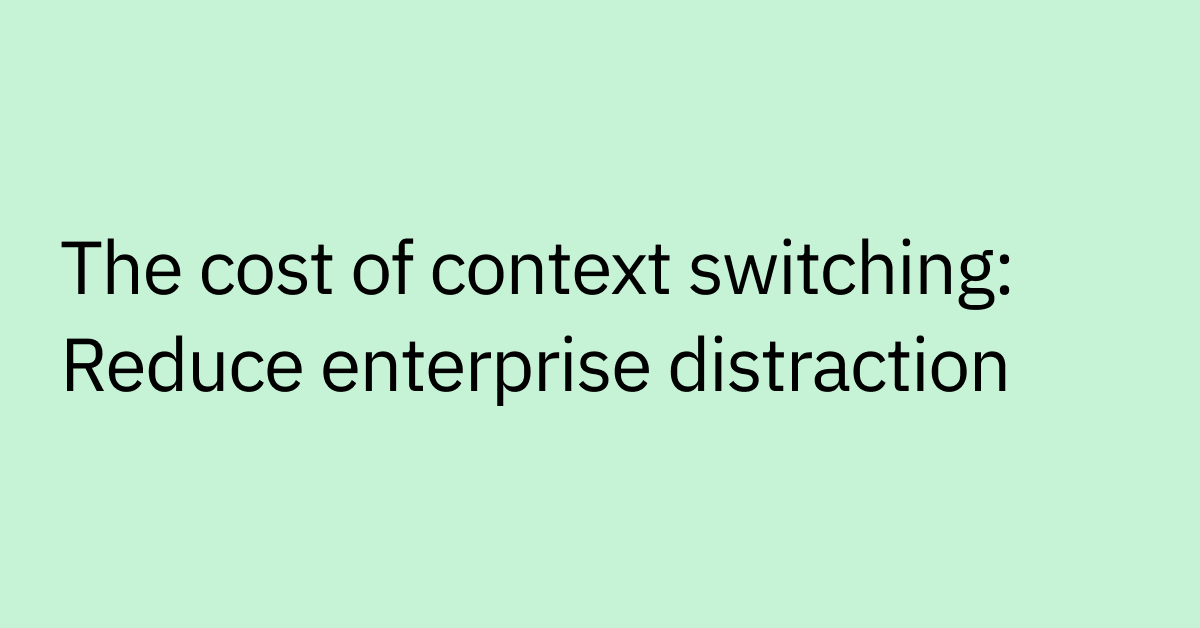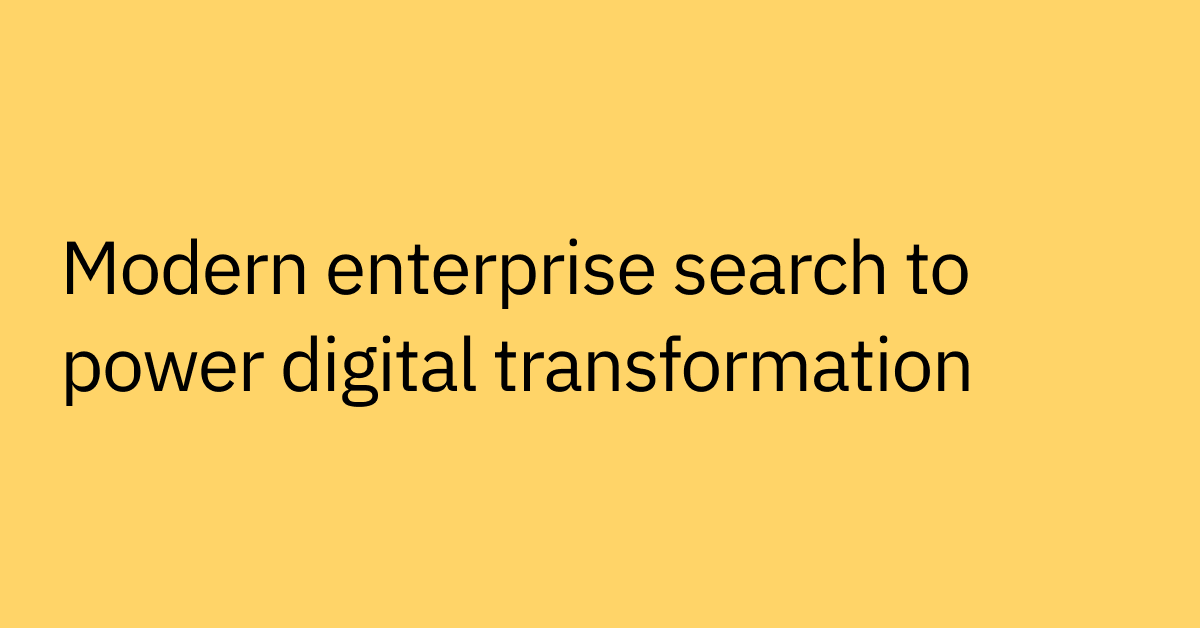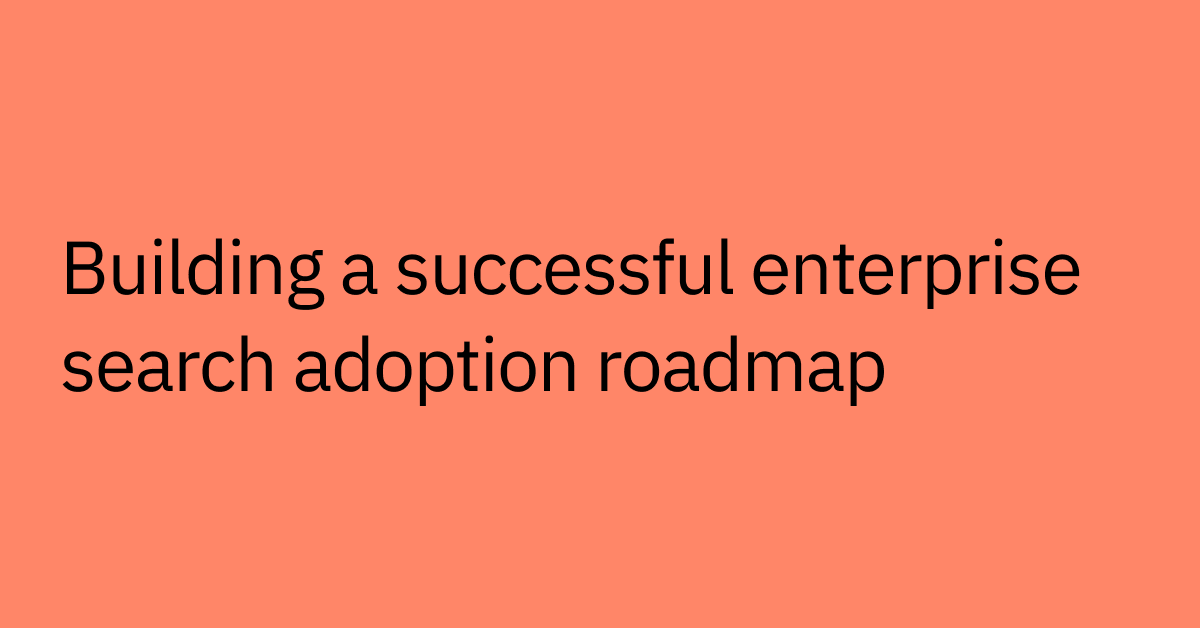Table of contents
Highlights
- Businesses are actively using AI agents and plan to increase scope: 78% of enterprises plan to implement them, with 51% already actively using them.
- Building AI agents in-house is complex and resource-heavy. It requires ML, NLP, systems expertise, and ongoing maintenance — which is why many organizations turn to development partners.
- AI agent development companies provide critical advantages, including pre-built infrastructure, system integration, multi-agent collaboration, security/compliance expertise, and ongoing training/optimization.
- The market offers a range of top platforms and agencies, from enterprise-grade platforms like Moveworks, OpenAI, LangChain, and Google Vertex AI to specialized agencies like SoluLab, Deviniti, and Master of Code Global.
- Choosing the right partner accelerates ROI and reduces risk, enabling faster deployment, streamlined automation, regulatory compliance, and smoother team adoption, while keeping focus on business outcomes.
A global insurance company decided to build its own AI agents. The vision was bold: a team of developers would create custom agents to streamline claims processing, answer policyholder questions, and automate IT support.
After months of work, the team had prototypes running—but problems surfaced almost immediately. Agents broke when connected to legacy systems. Security reviews dragged on for weeks. Every small update required more time, more engineers, more money.
Building agents doesn’t have to be this way.
With the right partner, enterprises start with the foundations already in place: pre-built infrastructure, compliance-ready frameworks, and proven integration patterns. Instead of troubleshooting, their teams focus on strategy, adoption, and delivering impact.
But building from scratch is complex and resource-heavy, requiring ML, natural language processing (NLP), systems expertise, and constant upkeep.
That’s why more organizations are turning to companies that specialize in AI agent development—partners who provide system integration, multi-agent collaboration, and ongoing optimization so enterprises can scale faster and smarter.
At a glance: The best AI agent development partners
Company | Top Features |
Moveworks |
|
OpenAI |
|
Google Vertex AI |
|
SoluLab |
|
Deviniti |
|
Markovate |
|
Azumo |
|
Master of Code Global |
|
Why businesses turn to AI agent development companies
Building AI agents from scratch is no small feat. It takes deep expertise in areas like machine learning (ML), natural language processing (NLP), and systems architecture. On top of that, it demands a lot of time and financial investment to ensure scalability and functionality.
Once your AI agents are up and running, they still need ongoing updates, fine-tuning, and monitoring to keep up with the pace of business operations.
That’s exactly why so many companies look to AI agent development partners. Instead of reinventing the wheel, they tap into experts who already have the right frameworks, infrastructure, and experience to move quickly.
These partners usually offer AI agent development services like:
- Strategy and roadmapping: Assessing business needs, identifying high-value use cases, and defining adoption/governance frameworks.
- Custom AI agent development: Designing, building, and deploying AI agents designed around your unique business needs, from automating repetitive tasks to optimizing workflows.
- Systems integration: Connecting agents with APIs, enterprise applications, and knowledge bases to enable AI agents to fit smoothly into current systems, like CRM, ERP, and e-commerce platforms, without disrupting daily operations.
- Security, compliance, governance: Embedding safeguards for data privacy, permissions, and regulatory adherence.
- Training and optimization: Adapting large language models to enterprise data, policies, and context. Continuously refining agents so they become smarter and more effective over time, improving output and user experience.
In other words, AI agent development services companies typically offer a full lifecycle of capabilities so your team can stay focused on results instead of wrestling with infrastructure or managing lengthy, complex development processes.
When to bring on a development company
An AI agent development company can be more than just a technical partner. They bring strategy, speed, and the reassurance that you’re heading in the right direction. Teaming up can really pay off when you’re looking to:
- Faster time-to-market: Development partners already have tested frameworks, accelerators, and integrations, which helps businesses deploy AI agents quickly without long experimentation cycles. They also offer pre-built agents for platforms like Workday, or Jira, so you can plug in and go.
- Specialized expertise: Most organizations don’t have in-house teams deeply skilled in AI, LLMs, and enterprise systems integration. Service partners fill that gap with seasoned practitioners.
- Reduced risk and higher ROI: By leveraging established best practices, governance, and compliance guardrails, companies avoid costly missteps and ensure their AI agents deliver measurable outcomes.
- Scalability and resilience: Development services build solutions designed to grow with the business, whether that means handling more users, data, or use cases.
- Focus on core priorities: Leaders can keep their internal teams focused on strategic initiatives while outsourcing the technical heavy lifting to trusted AI specialists.
- Educate and empower teams: Beyond the tech stack, they help your teams understand, implement, and change manage AI agent solutions, making adoption smoother and outcomes stronger.
Partnering with the right development company means you don’t just adopt artificial intelligence. You do it with confidence, speed, and a clear path to impact for industry-specific use cases.
Learn how to scale IT with Agentic AI. Download our CIO’s guide to scaling IT with Agentic AI.
Considerations when partnering with an AI agent development company
Choosing the right partner can make all the difference between simply experimenting with AI and really leveraging it to transform your business. As you explore your options, keep the following considerations in mind:
- Clarity on AI agent capabilities: Be sure you understand what the company’s AI agents can actually do and how they’ll fit into your workflows.
- ROI and business value: Look for a clear path to measurable results so you can build a strong business case.
- Security and compliance: Confirm that the company’s solutions meet your security standards and won’t introduce unnecessary risks.
- Internal communication: Educate your team on the “why” behind the partnership to encourage buy-in and smoother adoption.
- Depth and breadth of impact: Explore the full range of solutions and ask for real-world examples relevant to your industry.
- Collaboration with business leaders: Involve stakeholders across departments to align AI initiatives with actual business priorities.
Want a deeper dive into how to get this right? Download our deploying AI agents playbook for practical guidance on building a successful AI strategy.
Top AI agent development companies
The rising demand for AI agents has fueled a wave of innovation, with several platforms stepping up as leaders in helping businesses build, deploy, and scale them successfully. Each one offers something a little different, from ready-to-go enterprise frameworks to flexible libraries for software development:
1. Moveworks
Moveworks offers a powerful AI agent builder platform for creating and managing AI agents through its Agent Studio and Agentic Automation Engine. Instead of starting from scratch, you can explore the AI Agent Marketplace, where prebuilt agents are ready to browse, configure, and deploy in minutes.
Its low-code editor makes it easy to customize agents around your company’s policies and workflows. From there, the automation engine connects natural language requests to your APIs and business rules, so agents don’t just respond — they take action to automate complex tasks. You’ll also have access to advanced analytics that show performance, time savings, and areas for improvement.
This results in fewer backlogs, faster resolutions, and automation that scales across your organization, without putting extra strain on your developers.
Features:
- Low-code tools for building AI agents
- Prebuilt integrations with apps like Slack, Teams, and ServiceNow
- AI-powered automation for IT, HR, healthcare, and operations
- Real-time analytics to track performance
Why it’s a top choice: Moveworks stands out for its enterprise focus. It takes away much of the complexity with pre-integrated AI tools, while still giving teams the flexibility to shape agents around their workflows.
Explore Moveworks Agent Studio to see how quickly you can get started.
2. OpenAI
OpenAI offers one of the most powerful foundations for building AI agents, thanks to GPT-4, GPT-4o, and the newly released GPT-5. With these AI models, you can create intelligent agents that converse naturally, reason, analyze, and handle multi-step workflows.
Features:
- Access to cutting-edge large language models, including GPT-5
- API-based integration for seamless deployment in your apps or workflows
- Fine-tuning options to adapt models to your data and voice
- A broad ecosystem of AI tools, documentation, and community support
What sets it apart: Its models are widely recognized as the benchmark for natural language understanding and generative AI, making it a reasonable choice if your AI agents need depth, accuracy, and advanced reasoning.
3. Google Vertex AI
Google Vertex AI is a cloud-native platform built for enterprises that want to develop, train, and scale AI agents with confidence. It gives you access to Google’s foundation models and layers in governance, monitoring, and compliance tools so your AI projects stay powerful and responsible.
Features:
- Access to Google’s pre-trained and custom foundation models
- Built-in monitoring, compliance, and responsible AI tools
- AutoML for faster model development
- Deep integration with Google Cloud infrastructure
What sets it apart: It blends cutting-edge AI capabilities with enterprise-grade security and reliability. If your organization prioritizes compliance and scalability while still pushing innovation, Vertex AI offers a strong balance of both.
Top AI agent development agencies
Platforms give you the building blocks, but agencies are often the ones that bring everything to life. If you need more hands-on support, like strategy, customization, or complex integrations, an agency may be the better choice. Below are some of the top agencies leading the way in AI agent development services:
1. SoluLab
SoluLab is a full-service software development company focused on AI, Web3/blockchain, and Internet of Things (IoT). Their team specializes in creating AI-powered applications and intelligent agents tailored to diverse industries, from healthcare to retail.
Features:
- Expertise in AI, blockchain, and IoT development
- Custom AI agent solutions designed around business workflows
- End-to-end support from ideation to deployment
- Track record with enterprise and startup clients alike
What sets it apart: Its ability to combine AI with emerging technologies like blockchain and IoT makes it suitable for businesses exploring cross-disciplinary innovation.
2. Deviniti
Deviniti is a global software development agency with expertise in enterprise AI adoption and Atlassian/Jira ecosystems. Known for its agile approach, the company focuses on delivering scalable AI solutions that integrate seamlessly into existing enterprise ecosystems.
Features:
- AI agent design and implementation
- Experience with enterprise integrations (ERP, CRM, ITSM)
- Agile and DevOps methodologies for faster delivery
- R&D teams for innovation-focused projects
What sets it apart: Enterprise-focused solutions with integrations into large, complex business infrastructures.
3. Markovate
Markovate builds AI and digital transformation solutions for startups and enterprises, including conversational agents and predictive analytics.
Features:
- Custom conversational AI and agent-based systems
- Expertise in predictive analytics and data-driven solutions
- Focus on mobile-first and digital transformation projects
- Flexible engagement models for startups and enterprises
What sets it apart: Its emphasis on creating mobile-first AI experiences positions it for businesses aiming to connect directly with consumers.
4. Azumo
Azumo is a nearshore software development company that delivers AI and machine learning solutions, including agent‑driven workflows. With a focus on long-term partnerships, they help businesses design AI-driven workflows.
Features:
- Expertise in natural language processing and machine learning
- Nearshore model for cost-effective collaboration
- AI-driven automation for enterprise operations
- Long-term staff augmentation and dedicated teams
What sets it apart: Its nearshore delivery model offers time zone alignment, making collaboration smoother for U.S.-based enterprises.
5. Master of Code Global
Master of Code Global builds conversational AI experiences, including chatbots and virtual assistants for customer engagement. They focus on creating AI agents that improve customer engagement while maintaining enterprise-grade reliability.
Features:
- Specialization in conversational AI and digital assistants
- Experience across industries, including retail, finance, and healthcare
- Emphasis on user experience and engagement
What sets it apart: Its focus on conversational AI and customer experience design makes it a leading agency for businesses prioritizing customer-facing AI agents.
Overcome AI agent development challenges with Moveworks
AI agent development companies exist to help you bridge the gap between cutting-edge technology and real business impact. They give you access to the tools, expertise, and infrastructure needed to build agents that don’t just work in theory but actually scale across your organization.
But before you choose a partner, ask yourself: Will this solution let you move fast, stay secure, and keep costs under control?
Moveworks Agent Studio is a secure, enterprise-grade platform that allows you to design, deploy, and manage AI agents faster than ever without needing deep machine learning expertise.
With Moveworks, you can shorten development cycles, reduce costs, and meet the highest standards of security and scalability.
Prefer not to handle development on your own? Moveworks also offers professional services. That means you get both a powerful platform and a team of experts who can accelerate your journey from idea to enterprise-ready solution.
Ready to get started? Learn more about Moveworks Agent Studio and how it can help you build, deploy, and manage AI agents at scale, plus explore our development services to accelerate your AI roadmap.
Frequently Asked Questions
AI agent development companies specialize in building, deploying, and scaling AI agents—often with ready-to-use frameworks, platforms, and marketplaces for faster implementation. Traditional consulting firms focus on broader AI and digital transformation strategies. While some have dedicated practices for agent development, they usually rely on partnerships or acquisitions rather than proprietary infrastructure for rapid agent deployment.
While AI agents are valuable across sectors, industries with high-volume, repetitive processes see the fastest ROI — including IT services, healthcare, HR, finance, retail, and customer support. In these areas, AI agents can automate tasks like ticket resolution, claims processing, onboarding, or order tracking.
Enterprises should adopt platforms with built-in governance, monitoring, and audit trails. Working with development companies like Moveworks that are experienced in HIPAA, GDPR, SOC 2, FedRAMP®, and other frameworks helps enable agents to be secure and compliant as regulations evolve.
A single-agent system automates one task or workflow, such as resetting a password or summarizing a contract. Multi-agent systems involve multiple AI agents that collaborate, share information, and make coordinated decisions. These setups can be hierarchical (a lead agent delegating to worker agents) or peer-to-peer (agents negotiating outcomes). Multi-agent systems are especially valuable for complex processes such as cross-department workflows.
ROI is typically measured through both efficiency and impact metrics, like reduction in manual work hours, faster resolution times, cost savings from process automation, and improvements in customer or employee satisfaction. To ensure ROI, enterprises should define baselines before deployment and measure improvements continuously.



